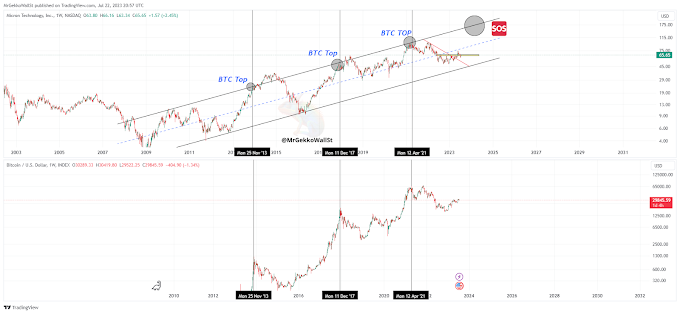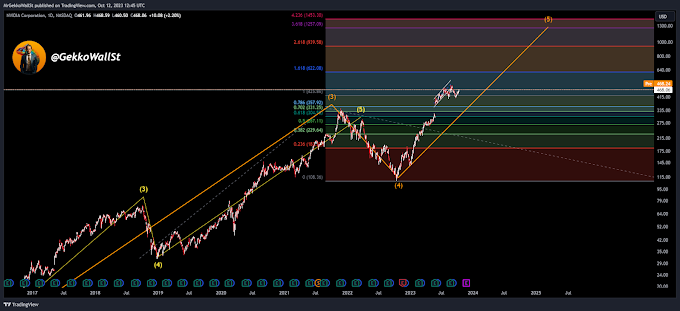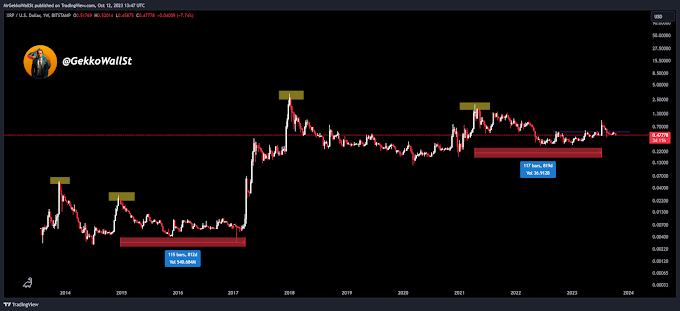There are several types of derivatives, with the most common ones being:
1. Futures: Contracts that obligate parties to buy or sell an asset at a specific price and date in the future. They are often used for speculation or to hedge against price fluctuations.
2. Options: Contracts that grant the holder the right (but not the obligation) to buy (call option) or sell (put option) an asset at a predetermined price within a specific period. Options are used for speculation, hedging, and income strategies.
3. Swaps: Contracts where two parties agree to exchange cash flows or asset returns over a specific period. Swaps are frequently used to manage interest rate or currency risks.
4. Forwards: Agreements between two parties to buy or sell an asset at a specified price on a future date. They are similar to futures contracts but are customized and traded off-exchange.
5. Index Contracts: Instruments that allow investors to be exposed to the performance of an index, such as a stock index. They can be based on futures or options.
Derivatives can serve various purposes, including speculation, risk protection, leverage enhancement, and portfolio optimization. However, it's important to note that derivatives can also be complex and involve substantial risks, especially when used improperly. Therefore, it's advisable for investors to fully understand the products they are investing in and consult financial professionals before using derivatives in their strategies.





